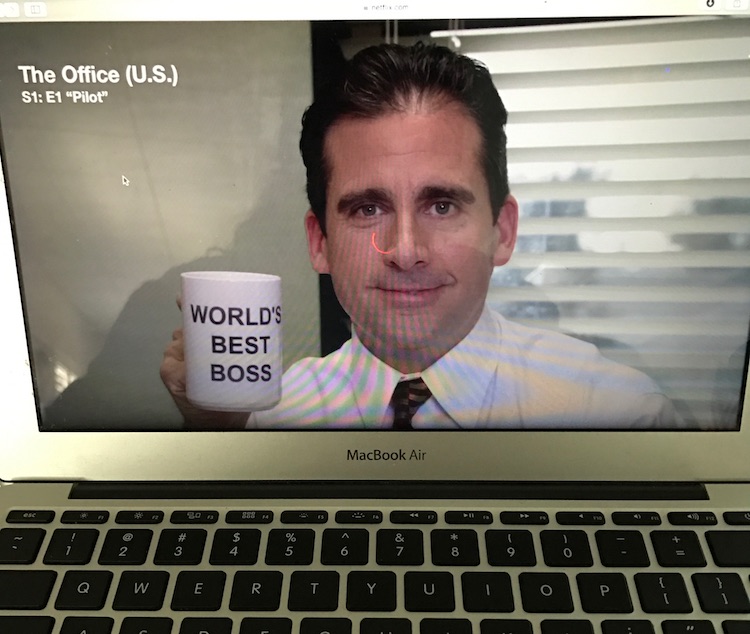Snip, snip: why people are cutting the cable
Listen to any conversation at Xavier and, most likely, it will somehow involve Netflix. The simple, $8.99 program with the signature red logo has been taking over high schoolers’ brains ever since “Grey’s Anatomy” and “Gilmore Girls” came into existence. Of course, “binge-watching” is completely addicting, and it seems to provide teenagers with a sense of complete forgetfulness for the world around them (which we all need when finals are approaching). In the 21st-century where everything is online and people watch TV shows on their laptops, more and more people are slowly cutting cable television.
According to an article on Time.com, the rate at which people are cutting the cable is rapidly increasing. “During the second quarter of 2016, roughly 812,000 U.S. customers canceled their pay TV subscriptions, according to an estimate from SNL Kagan [a media consulting company]. ‘It is a bit of an acceleration and the biggest quarterly loss that we’ve seen,’ said Ian Olgeirson, an analyst with SNL Kagan, …. ‘We are seeing a gradual increase in the decline rate.’” More people seem to be cutting the cable than ever before. Just based off of this information, it almost seems like Netflix and Hulu are more popular than cable. However, we should not be feeling bad for companies like Cox or DirectTV, whom we buy cable TV from.
From the same article on Time.com, people are not truly cutting the cable. People are still utilizing TV-Internet providers but are singularly paying for broadband rather than the landline and cable as a package. Time.com provides another point, “… instead of paying a monthly cable TV bill, they’re more likely to be paying a (likely smaller) monthly bill to one or more streaming video services [like Amazon, Hulu, or Netflix].”
With many of us high schoolers living during the “digital age”, we will potentially be one of the statistics in this new survey. If you consider the last time that you watched Internet TV rather than cable TV, you might be at the cusp of the new “cutting cable” generation. With the result of this new information, companies like Cox or DirectTV may need to reconsider their packages regarding Internet. Many cable providers imply very expensive prices, but, Netflix, for example, induces one simple monthly price. Since millennials (our generation), are known to be one of the cheapest generations (look at my article about millennials), the set monthly price of Netflix or Hulu sounds very attractive. With so many things changing during the 21st century (including our switch to an online classroom: Canvas), cable providers desperately need to rethink their price packages if they want to stay competitive in the midst of a growing need for Internet TV.




